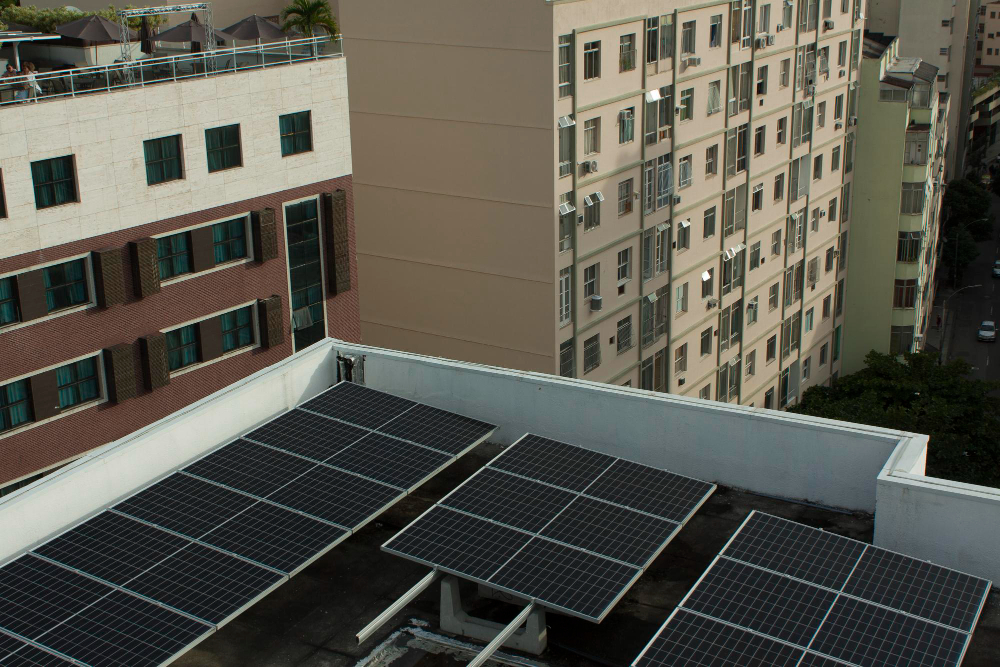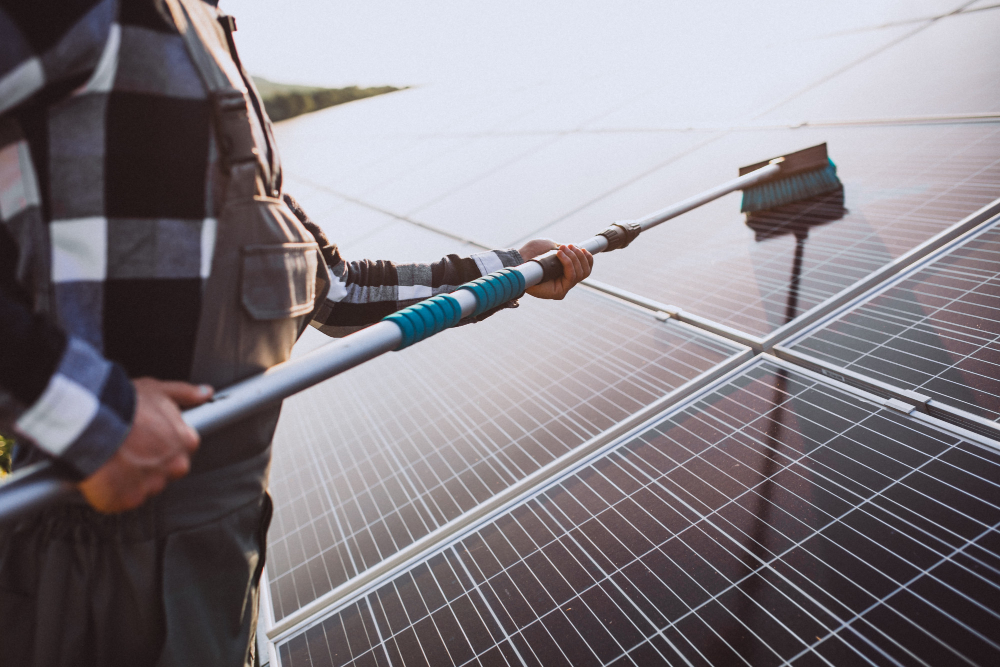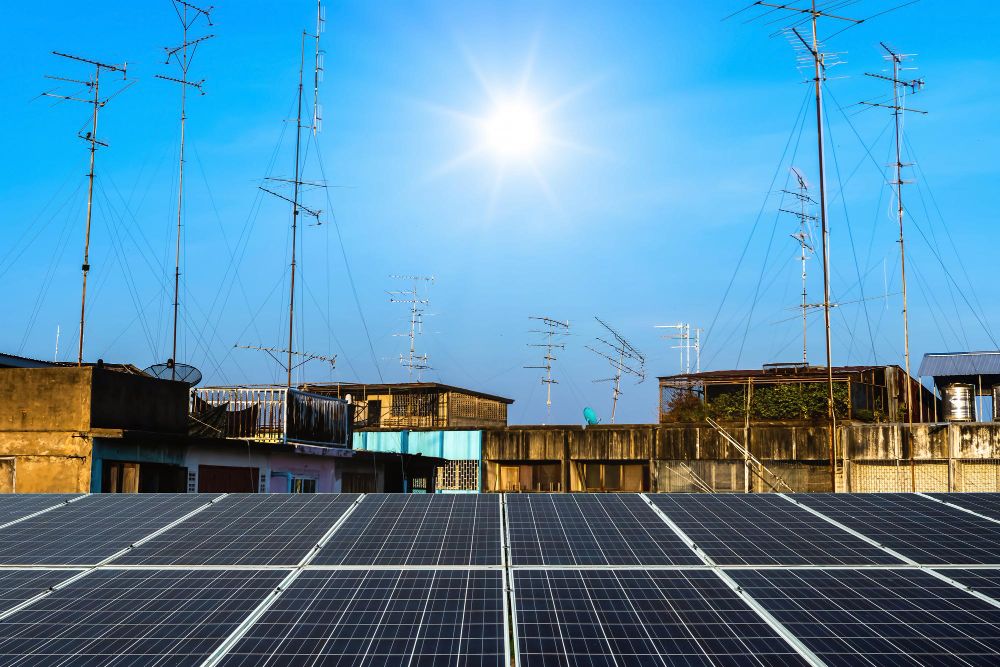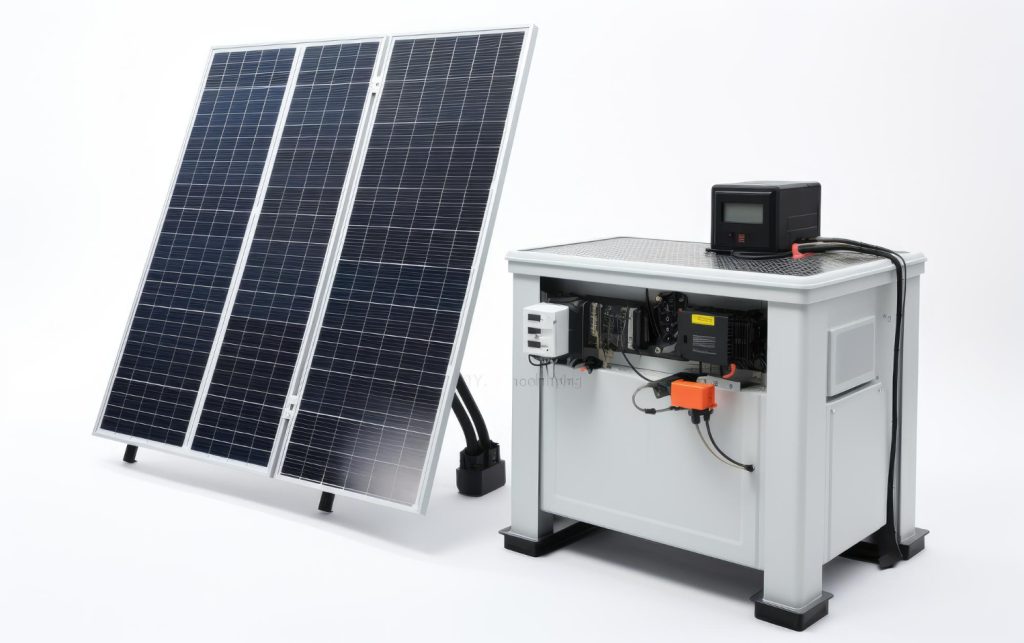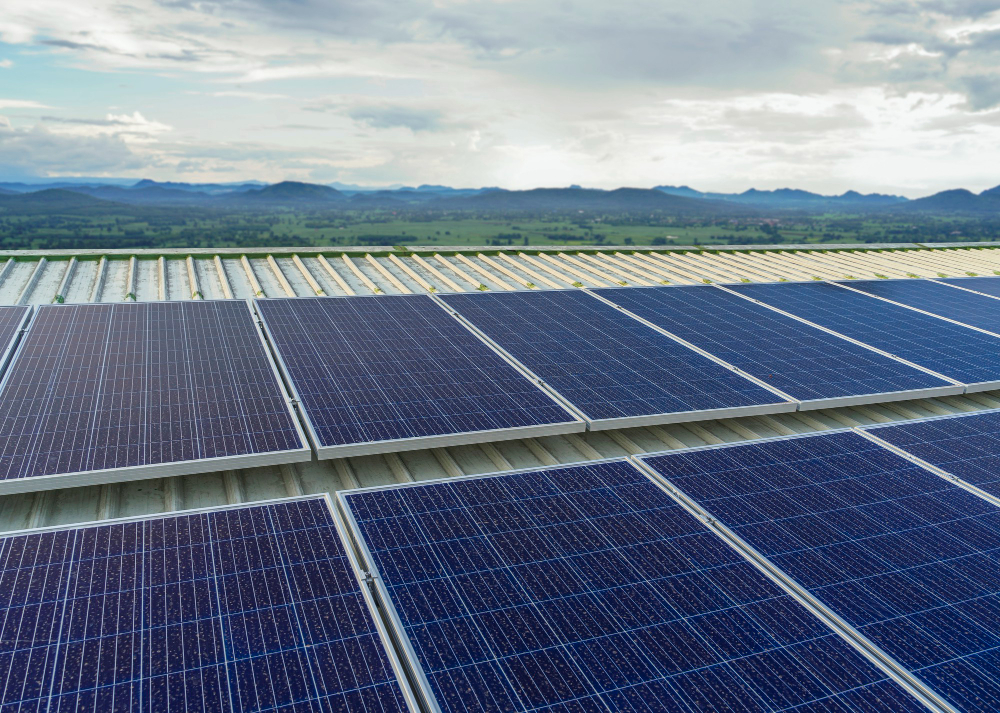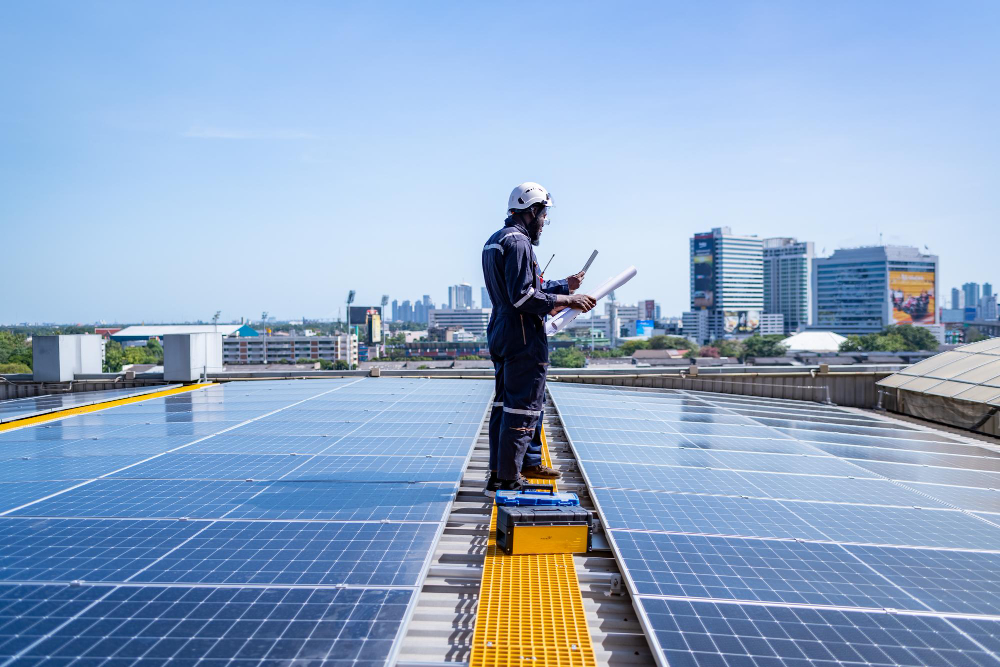The Impact of Solar Panels on Property Value
Especially in a world that gradually adapts to the critical need for sustainability and sustainable energy solutions, residential solar panels are becoming increasingly popular. This move not only cuts down on the bills for electricity but is also an important step if you wish to boost property value. Solar energy, as a potential source of electricity, has been acknowledged by homeowners across the globe (this includes India) as well. In this article, we will explore how setting up a residential solar power system can influence property worth, concentrating more on the Indian conditions. Increased Property Value One of the top reasons to get a solar system for a home in India is the rise in property value. There are many studies that show homes with residential solar setup for home sell at a premium over non-solar homes. This is due to the fact that solar homes are cheaper on utilities as well as eco-friendly. With energy efficiency and sustainability increasingly important to the consumer, a solar-powered home is in demand in the market. Cost Considerations When we talk about solar panel for home price in india, it is very important to mention the payback period in comparison to the initial investment. Although the initial outlay in setting up a solar system can be high, most of this tends to come back after just a few years through reduced electricity bills and an increased property price. In addition, government incentives and subsidies can help balance the upfront necessary expenditure to make investing in solar more cost-effective for homeowners. Best Solar Panels To Choose Given the long-term nature of the investment in solar, choosing the most efficient solar panels available in India is important for you. While we have some factors, such as efficiency, durability, and warranty to consider solar panels. Although high-efficiency panels typically command a premium price they provide the best performance and will result in faster payback. These are brands like Tata Power Solar and Vikram Solar, both very well-known names in the Indian market that have proven to many households how reliable, light yet powerful solar panels can be. Installation and Maintenance A well-constructed house solar system does not only increase the value of your home but guarantees top performance even though it endures many years. It will need to be professionally installed by certified technicians to prevent some of the problems and guarantee it can achieve top performance. To prolong the life of your solar panels, they will have to be regularly cleaned and the inverter checked. Financial and Environmental Impacts In addition to the boost to your property value, residential solar also offers short and long-term positive environmental impacts. Homeowners can add to the solution of reducing carbon stuck in the atmosphere by not using those fossil fuels from the ground — and making a lot cleaner world for all of us. The amount you will save on your electricity bills from an investment in solar panels could mean significant savings in the long run, particularly when energy prices continue to get higher. Conclusion Incorporating a solar system for home in India is a wise investment that offers multiple benefits. From increasing property value to providing substantial savings on electricity bills, the advantages are clear. By choosing the best solar panels available in India and ensuring proper installation and maintenance, homeowners can enjoy these benefits for many years. As the demand for sustainable living grows, so does the appeal of solar-powered homes, making now the perfect time to consider making the switch. Redington Solar is among one of the largest solar panel distributors in India. Get a residential solar panel for your home with Redington Solar.

